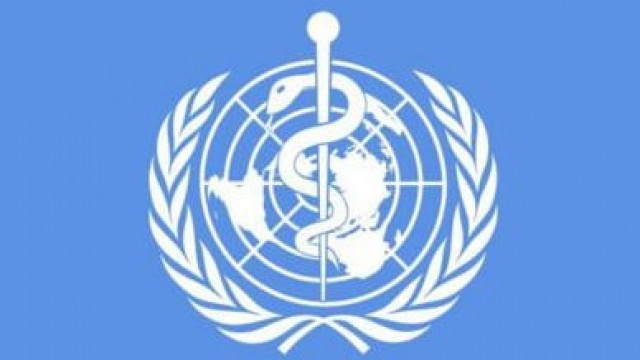When to use what

Medical practitioners across the world have access to the publication, in which standardised information on dosage, side effects and other characteristics of medicines has been given.
“To be effective, medicines must be carefully chosen and the dose adjusted to suit the age, weight and needs of children,” said Dr Hans Hogerzeil, director of essential medicines and pharmaceutical policies at WHO, “Without a global guide, many health-care professionals have had to prescribe medicines based on very limited evidence.”
The new formulary is based on global evidence available as to which medicines should be used to treat specific conditions, how they should be administered and in what dose. Accurate dosing of medicines for use in children is essential, particularly those between 0 to 12 months.
The formulary also highlights what precautions to take, what adverse reactions may need to be monitored and what kind of interactions may occur if the patient is taking other medications. For example, the formulary indicates that ibuprofen, which is frequently given to children to treat pain, can have negative interactions when taken with any one of 21 listed medicines. It is also important to give this medicine with or after food.
Published in The Express Tribune, June 21st, 2010.



















COMMENTS
Comments are moderated and generally will be posted if they are on-topic and not abusive.
For more information, please see our Comments FAQ